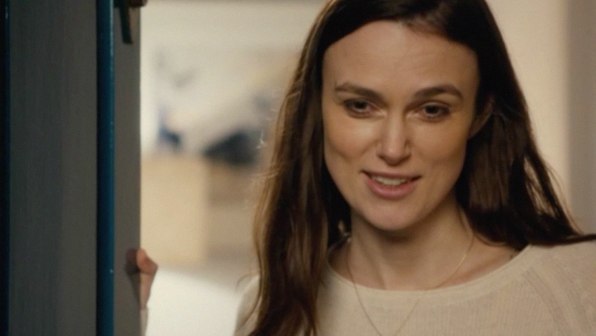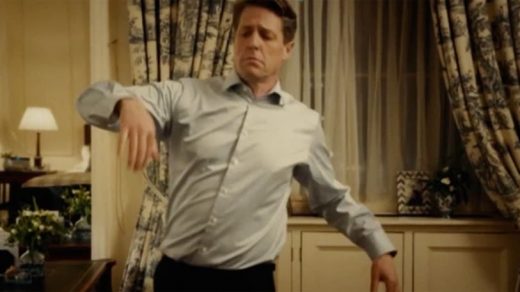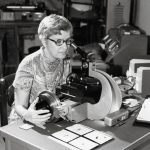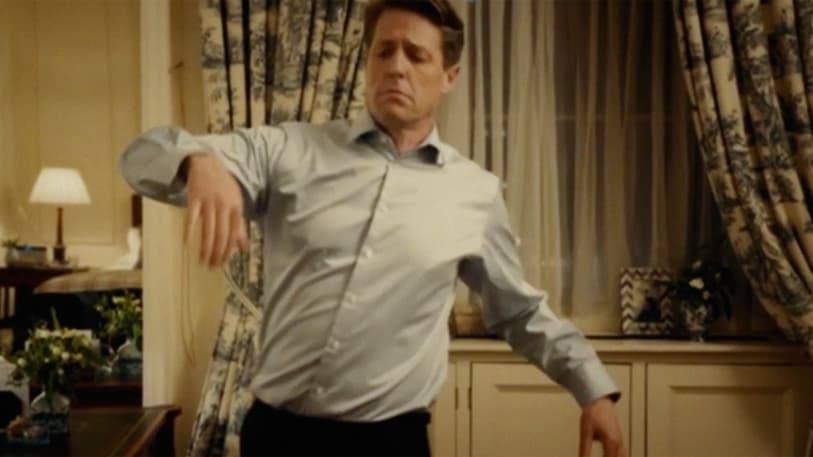And They All Lived Happy-ishly Ever After: The Return Of “Love, Actually”
You know what makes me cry? Well, almost everything, to be honest–including the closing scene of Love, Actually, the 2003 romantic comedy your cynical boyfriend secretly loves as much as you do. You know what I’m talking about: it’s that montage of families, lovers, and friends joyously greeting and hugging each other in the arrivals terminal at Heathrow Airport. It brings a tear (or 40) to my eye every time–and I’ve watched Love, Actually more times than anyone should ever admit on the internet. I realize it’s the movie version of a seven-dollar Hallmark card, but I’m kind of the human version of a five-dollar Hallmark card, and we’ve all got to aspire to something.
In any case, Love, Actually is back–sort of. For the U.K.’s Red Nose Day (a nationwide drive to raise money for charity), some of the film’s cast reunited for a cute, short, where-are-they-now movie which aired this weekend across Great Britain. Things mostly seem to be going okay for our gentle heroes since the last time we saw them. Everyone, of course, have aged. Some of the most handsome leads are old men now, and it has become painfully obvious how much younger than them their girlfriends really were. The children are not children anymore, but they are still very young. The lovestruck dude played by Andrew Lincoln (the one who famously held up those giant cards outside Kiera Knightley’s apartment) did end up marrying Kate Moss, which is pretty cool. But there are also hints of off-screen darkness in this short. Billy Mack, the past-it rock-and-roller whose Christmas comeback song hit the top of the charts in the original film, reveals his beloved manager has died. Liam Neeson, who lost the love of his life all those years ago, sits alone on a park bench–no Claudia Schiffer in sight. Rowan Atkinson’s gift wrap-obsessed salesman hasn’t changed at all, which kind of scares the hell out of me. Hugh Grant’s body betrays him, badly, when he tries to relive his famous solo dance scene from the first movie.
What has changed the most since 2003, however, isn’t the actor’s hairlines or the shapes of their waists. It’s the world we live in that is the most different now, a world reacting sometimes violently to the consequences of globalism and open platforms, a world where a great many people across the world (and indeed in England, and in America) are experiencing a heightened desire to pull up the drawbridges and huddle with their own tribes. That’s a big part of the reason why we’ve ended up with Brexit, and with Donald Trump. Meanwhile, just a few days ago, real-life London was targeted by a deadly terrorist attack. At the end of this new Love, Actually update, a grandfatherly Hugh Grant, whose cute little podium quips still seem charming, if also more cheeseball and dated than before, addresses a room full of reporters (because in Love, Actually-land, Hugh Grant gets to be the Prime Minister again) before another montage flashes across the screen–this one not of loved ones embracing in airports but of people helping people (this film was made to promote charity, after all) and refugees clinging to each other on beaches after harrowing journeys across the sea.

Love, Actually 2 isn’t an amazing little film, it’s not remarkably funny, and it is pretty corny–but it rises above its corniness the same way the original film did: by acknowledging that life is pretty dark, and that the reason love is so moving, the reason love makes us cry, is because it–and life in general–is pretty painful much of the time. As Aurélia, the Portuguese woman Colin Firth’s character fell in love with all those years ago, says wistfully out the car window, “If you are lucky, your life will be 60% happy…but if you’ve got love–then sometimes it feels like 100% happiness, and that’s a wonderful thing.”
Fast Company , Read Full Story
(31)














